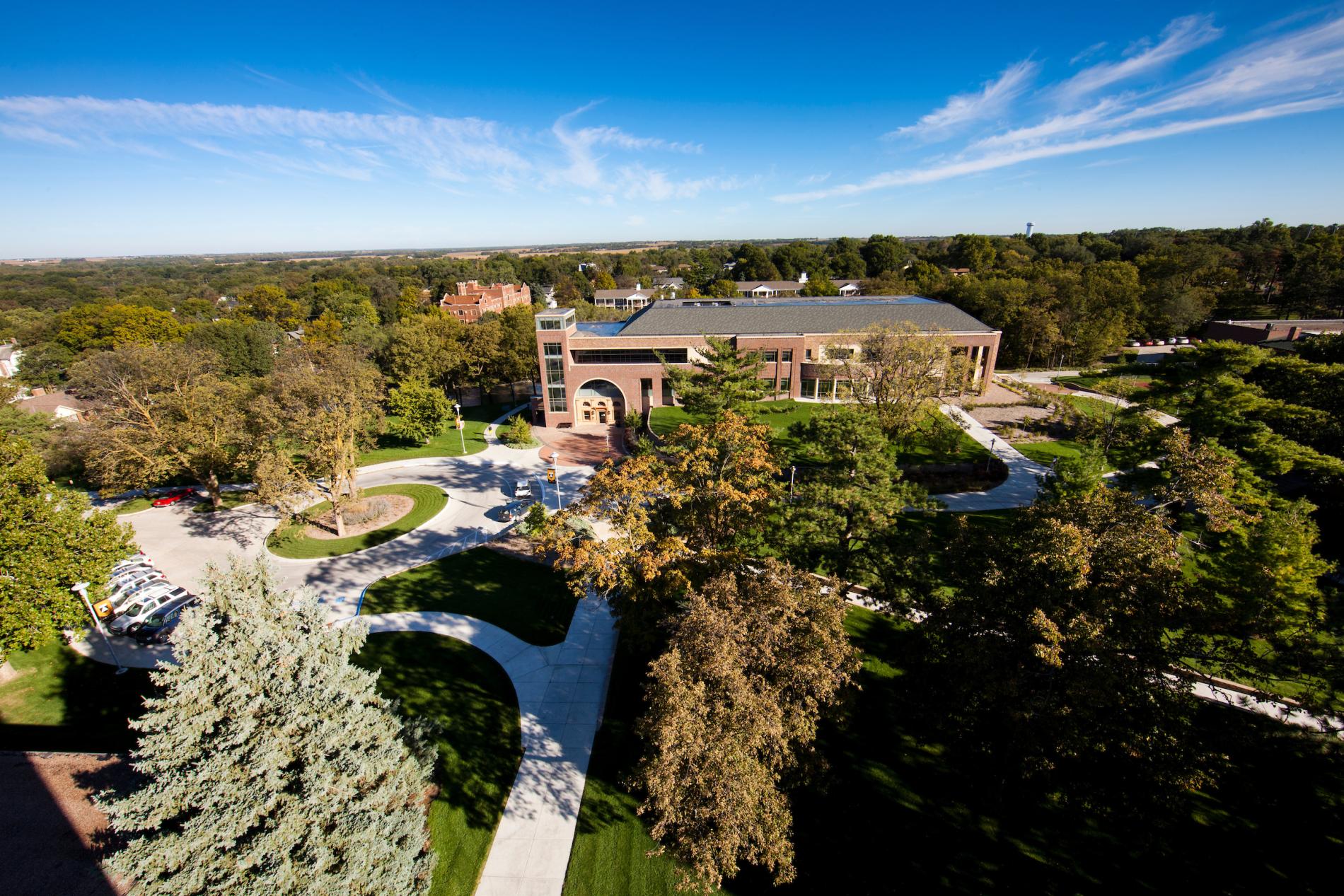
The Dredla Research Series presents Molly P. Rozum as the speaker for the April 16 event. Her talk, titled “The Old Woman Who Never Dies”: Settler Colonialism and Sense of Place explores the relationships between settlers and Indigenous women of the Northern Great Plains, especially in relation to agriculture.
The event on Tuesday, April 16 is 12-1 p.m. in the East-West Dining Rooms on Doane's Crete campus. The event is free and open to students, faculty, staff and the public. Following the presentation, there will be a discussion from 1-2 p.m., also in the East-West Dining Rooms.
About the speaker
Rozum is Associate Professor and Ronald R. Nelson Chair of Great Plains and South Dakota History at The University of South Dakota. She holds a Ph.D. in U.S. History from The University of North Carolina at Chapel Hill and is the author of numerous books and publications on plains history, especially women and Indian populations.
About the presentation
European and U.S. settlers often misunderstood Indigenous agriculture on the Northern Great Plains, calling it chaotic and insignificant. They viewed an Indigenous gender system in which women raised the crops and held significant power because of their production as primitive and harsh. Settlers most in tune with the rhythms of the environment began over time to question and their attitudes toward Indigenous peoples. A few settlers began to understand some of the costs of their settlement for Native Nations, but even the most searching settlers could not envision the Northern Plains as anything but their own home.
About the series
The Dredla Research Speakers Series has been established because of the Dredla sisters’ generosity and dedication to Doane University. Contributions from the estates of Alberta M. Dredla and Bernice C. Dredla Sanderson — natives of Crete and graduates of Doane in 1926 and 1935, respectively — made the establishment of a permanent endowment a reality. The commitment to intellectual life demonstrated by the Dredla sisters matches the founding goals of the research series to gather students, faculty, and the larger community into challenging consideration of ongoing research in the liberal arts and sciences.

